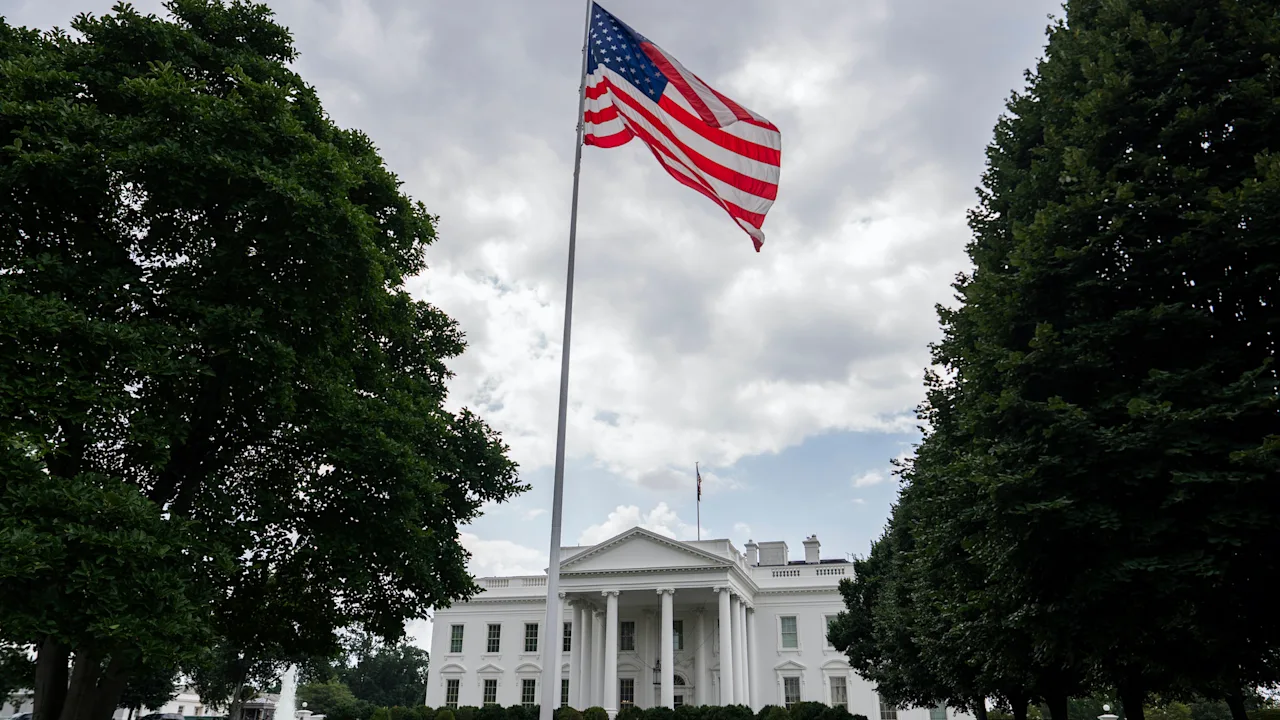The Trump administration unveiled a controversial initiative aimed at revolutionizing healthcare access through a private health tracking system, encouraging millions of Americans to upload personal health data and medical records onto new applications and platforms managed by prominent private technology companies. This ambitious project, announced amidst considerable anticipation, promised enhanced convenience for patients seeking to access their health information and better monitor their overall wellness.
At its core, the new system intends to centralize patient data, specifically focusing on critical areas such as diabetes and weight management. It incorporates advanced conversational artificial intelligence designed to assist patients, alongside practical digital tools like QR codes and dedicated apps for streamlined patient check-ins and medication tracking. This comprehensive approach signals a significant shift towards integrating technology deeply into personal health management.
However, the initiative has immediately sparked enormous ethical and legal concerns among public health experts. Critics, including Georgetown University law professor Lawrence Gostin, emphasize that patients nationwide should be deeply apprehensive about how their sensitive medical records might be utilized, fearing potential misuse that could adversely affect individuals and their families. The administration’s prior track record of freely sharing highly personal data further amplifies these anxieties regarding health data privacy.
Conversely, officials at the Centers for Medicare and Medicaid Services (CMS), tasked with overseeing the system, assert that robust data security measures will be in place, and patient participation will be strictly on an opt-in basis for sharing their medical records and data. They contend that this digital health system will significantly benefit patients by allowing them swift access to their own health information, circumventing traditional bureaucratic hurdles such as the reliance on outdated fax machines for document exchange.
Dr. Mehmet Oz, administrator for CMS, championed the initiative, stating that current tools and information are readily available to empower patients towards improved health outcomes and enhanced healthcare experiences. Companies like the popular weight loss and fitness service Noom have already committed to the program, anticipating the ability to integrate diverse medical records and health app data, such as that from Apple Health, upon the system’s projected launch early next year, thereby breaking down existing data silos among tech giants.
Healthcare providers, including those at the Cleveland Clinic, anticipate significant advantages for patient care, particularly for individuals who receive treatment from multiple providers. Seamless access to comprehensive medical records and real-time health app data—covering aspects like diet and exercise—is expected to eliminate barriers to accurate diagnoses and timely treatment, aiding doctors in effectively managing chronic diseases like obesity by leveraging patient data.
Despite the proposed benefits, digital privacy advocates remain skeptical about the security of patient data, especially given the federal government’s limited regulation of health apps and telehealth programs to date. Jeffrey Chester from the Center for Digital Democracy highlighted that this initiative could open the door for increased monetization and broader use of highly sensitive personal health information, raising concerns about data security.
Further concerns arise from the historical context: CMS already possesses vast amounts of health data on over 140 million Americans through Medicare and Medicaid. A recent agreement by the agency to share its database, including home addresses, with deportation officials underscores the potential for sensitive information to be used beyond its original medical purpose, deepening anxieties about this new, expanded pool of patient data for both the government and tech giants.
The initiative reflects a broader push by figures like Health and Human Services Secretary Robert F. Kennedy Jr. for more technology in healthcare, including wearable devices and telehealth, and a desire to collect more medical records for research, even amidst widespread concern about health data privacy. This focus on digital health solutions, while offering convenience, brings a critical examination of data security and patient autonomy to the forefront.





Leave a Reply